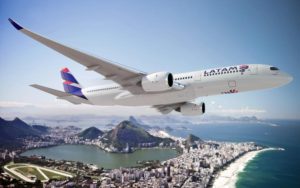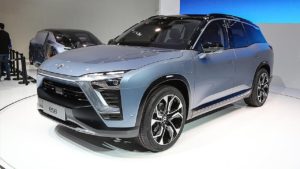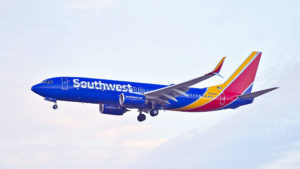SANTIAGO (Reuters) – LATAM Airlines (LTM.SN), the biggest airline group in Latin America, reported a steep fall in third-quarter profit due to lower passenger demand in Argentina and Brazil as well as higher fuel prices and competition from low-cost airlines.
LATAM reported a net profit of $53 million for the quarter, down from $160 million a year earlier, according to a securities filing.
But it said it was maintaining its guidance for the year, expecting an overall operating margin for 2018 of between 6.5 and 8 percent. It is focused on cost-cutting to offset higher expenses.
“We are transporting more passengers with a leaner organization,” a company executive told analysts on a conference call.
Morgan Stanley raised its target price for LATAM shares traded in the New York stock exchange to $9 following the earnings release, from a previous target price of $8.80.
Shares were up 3.4 percent at $9.26 on Wednesday morning.
Demand in the quarter slowed in Brazil due to a weaker local currency, and demand fell significantly in Argentina, where the local currency faced an abrupt devaluation during the quarter, reducing passengers’ purchasing power.
“We carried more passengers in all our markets except Argentina, where we cut capacity this year,” an executive said.
Lower demand and increased fuel expenses due to higher oil prices has slashed profits across regional airlines. One of LATAM’s biggest competitors, Brazil’s Gol Linhas Aereas Inteligentes SA (GOLL4.SA), reported a loss of $110 million during the quarter.
Market conditions prompted LATAM to renegotiate commitments for future aircraft purchases, achieving a reduction of $2.3 billion in fleet expenses through 2021, the company said.
The airline will also boost the number of available seats in some of its aircraft by 3 percent as improving utilization and seat count may allow it to grow with fewer aircraft.
Revenue declined by 5 percent to $2.5 billion in the quarter compared with the same period in 2017.
In the quarter, LATAM spent the equivalent of 30 percent of its revenue on fuel, compared with 21 percent a year earlier.
In comparison, Gol spent 37 percent of its revenue on fuel in the same quarter, up from 26 percent a year earlier.
(Reporting by Antonio de la Jara in Santiago and Marcelo Rochabrun in Sao Paulo; Writing by Marcelo Rochabrun; Editing by Bernadette Baum)



